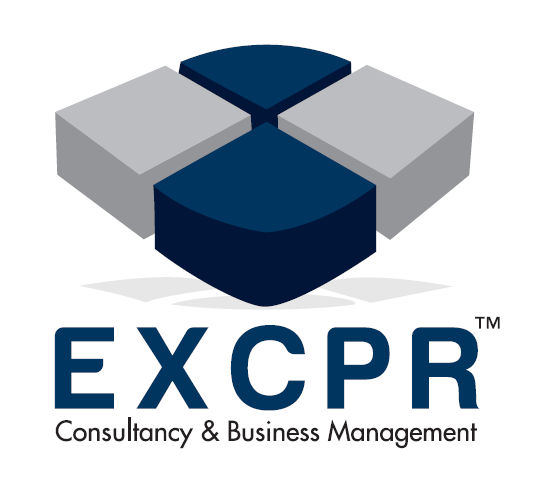FEASIBILITY STUDY
دراسة الجدوى الاقتصادية
Introduction
- Feasibility Study is an integral part of cooperative business development.
- Feasibility Study is an analytical tool used during a business development process to show how a business would operate under a set of assumptions.
- It evaluates the project's potential for success.
- Taking a project from the initial idea through the operational stage is a complex and time-consuming effort.
- Before potential members invest in a proposed business project, they must determine if it can be economically viable and then they must decide if investment advantages outweigh the risks involved—a Feasibility Study is the means by which these decisions are made.
- The Feasibility study occurs during the deliberation stage when the focus is on whether to proceed with a project.
- Without Feasibility Studies the percentage of startups that fail would be higher.
- The rule of thumb for the Feasibility analysis step for most development projects is 3 to 6 months.
- Some complex project required what we call “Pre-Feasibility” Study done early in the project timeline to provide a first-cut evaluation of the proposed business idea.
- Preparing a Pre-Feasibility analysis may decrease the effort required to complete the feasibility study and reduce the cost.
- Feasibility Studies are useful and valid for many kind of business development projects.
- A Feasibility Study assists decision-makers whenever they need to consider alternative development opportunities.
- A Feasibility Study presents and clarifies the risks and returns associated with the project so that prospective members can evaluate them.
- A Feasibility Study is not intended to identify new ideas or concepts for a project. These ideas should be clearly identified before a study is initiated.
Key actions
- Who will conduct the study, Consultant or Internal. Has previous experience conducting feasibility studies. Knowledge of the industry to be studied. Understands the local cooperatives (Operations, Governance, Customer, etc.). Provides clear, useful information in the completed study.Reasonableness of cost.
- Project assumptions. It should be determined at the initial stage of the study. Consultant can be approach for setting such assumptions.
- Determining components for a comprehensive study.
- Accepting/rejecting the study.
Executive summery
- It is the final stage of the study, thus it should be at the end.
- A summery of the study finding and recommendation.
- It should contain 200 words as maximum.
Introduction
- General about the Feasibility Study.
- Project description and justification.
- Project requirements.
- Works already completed.
- No finding or conclusion in this stage.
Strategic analysis
- Vision. The overall picture for the company in the future.
- Mission. Why the company exist and choose this market.
- Values. The principle and standards of operation.
- Long/ short term objectives. Setting the company’s goals.
Management analysis
- Entrepreneur and CV’s.
- Roles and responsibilities.
- Company’s hierarchy.
- Supply of labor and its quality.
- Rules and regulation.
- Legal aspect.
Operation analysis
- Production lines.
- Business idea.
- Business model.
- Raw material.
- Project location.
- Equipment's and tools.
- Suppliers.
Market analysis
- Market size.
- Market share.
- Market segmentation.
- Market to be served, current and future.
- Customer needs and pains.
- Competitors.
- Competitive advantages.
- SWOT analysis.
- Market plan.
Marketing analysis
- Marketing costs.
- Expected sales.
- Branding and title.
- Customer relation and services.
- Media.
Financial analysis
- Project capital.
- Project investment.
- Operating costs, fixed and variable.
- Balance sheet.
- Income treatment.
- Cash flow.
- Break even analysis. Break even (B/E) analysis is very effective Financial Feasibility test. B/E is used to find the amount of sales required to pay all fixed costs.
- NPV, IRR and PBP.
Recommendation and Conclusion
- Major finding.
- Summary.
- Recommendation.
- Conclusion.
Reference.
Major finding.
Appendix.
Important supplemental information and data.
For more related project and data, please communicate with us info@excpr.com
EXCPR Consultancy and Business Management
www.excpr.com
